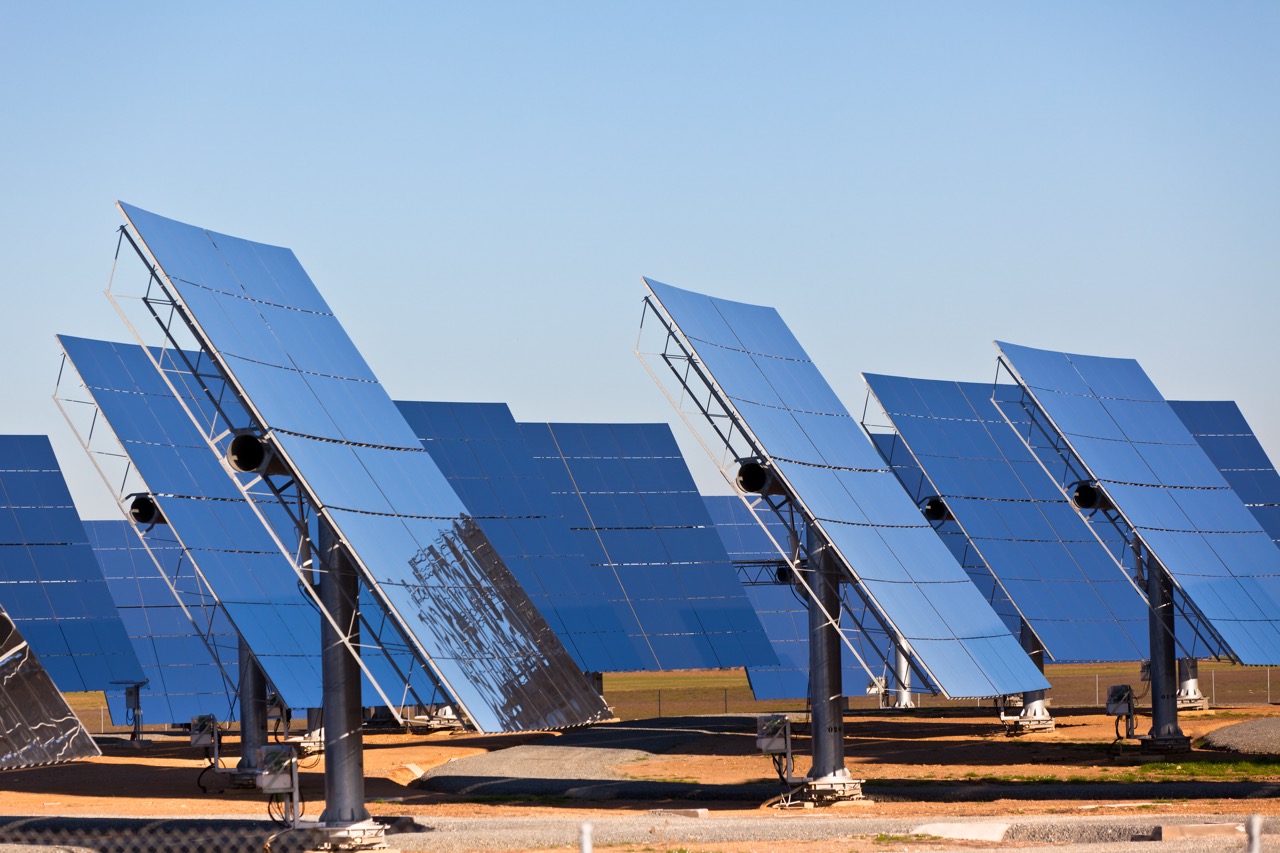Australia’s Consumer Watchdog Weighs In on Virtual Power Plant Programs
Virtual Power Plant (VPP) programs—where home solar panels and batteries are networked and centrally managed—are seeing fast growth. In its July 2025 report, the ACCC revealed roughly 38,200 Australian households were participating in VPPs by January, with adoption increasing nearly 22% every six months over the prior two-and-a-half years. Despite this rise, participation still trails behind standalone battery installations in most regions.
What a VPP Means for Consumers
VPPs enable centralized control over home energy systems. In exchange, participants may receive incentives like bill credits or enhanced feed-in tariffs. Yet, despite the appeal, many consumers are hesitant due to the complexity of terms, diminished control over their systems, and uncertainty about how their battery will be used—especially during peak periods.
The ACCC noted that average household discharge from batteries under VPP programs remained modest at around 16 kWh per year, providing reassurance that participation may not impose undue strain on household energy reserves.
The Real Impact on Electricity Bills
Electricity billing data from the ACCC underscores VPP benefits:
- Grid-only households: ~$1,565/year
- Solar-only homes: ~$1,279/year
- Solar + battery homes: ~$936/year
- VPP-connected homes: ~$580/year
These figures translate into as much as 63% in annual savings for households enrolled in VPPs.
Risks and the Call for Consumer Protections
Despite the benefits, risks remain—particularly in VPP contracts tied to financed solar or batteries, or those with significant exit fees. The ACCC recommends stronger safeguards for consumers, such as:
- Guaranteeing financial benefit for participants
- Protecting consumer-owned energy assets
- Limiting external control over home systems
- Designing offers that put consumer interests first
These measures will help extend participation fairly and safely.
What’s Next: VPPs in Australia’s Energy Market
Market reforms are underway. New regulatory changes will allow VPPs to compete with traditional generators in the wholesale market—boosting operational efficiency and potentially unlocking nearly $834 million in savings through 2050. These reforms signal the evolving role of VPPs in Australia’s energy future.
Final Say: Knowledge is Power
VPP programs can offer major financial and resilience benefits. However, informed participation is essential. Consumers should understand contract terms, control limits, and expected outcomes before committing.
Stag Electrical—Clean Energy Council–accredited and committed to consumer protection—can help you confidently assess whether a VPP, solar, or battery system is right for your needs.
Ready to explore safe, tailored solar and battery solutions? Reach out at Stag Electrical Contact Us or call 1300 836 050 for expert, client-focused advice.




